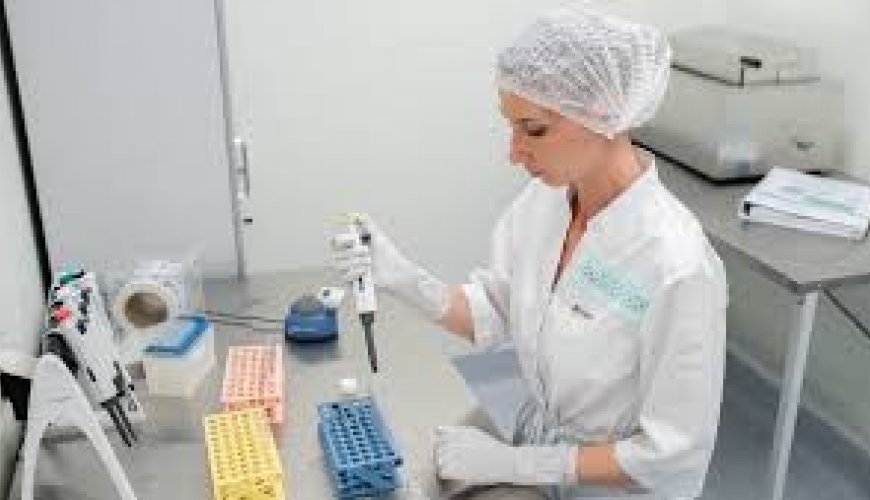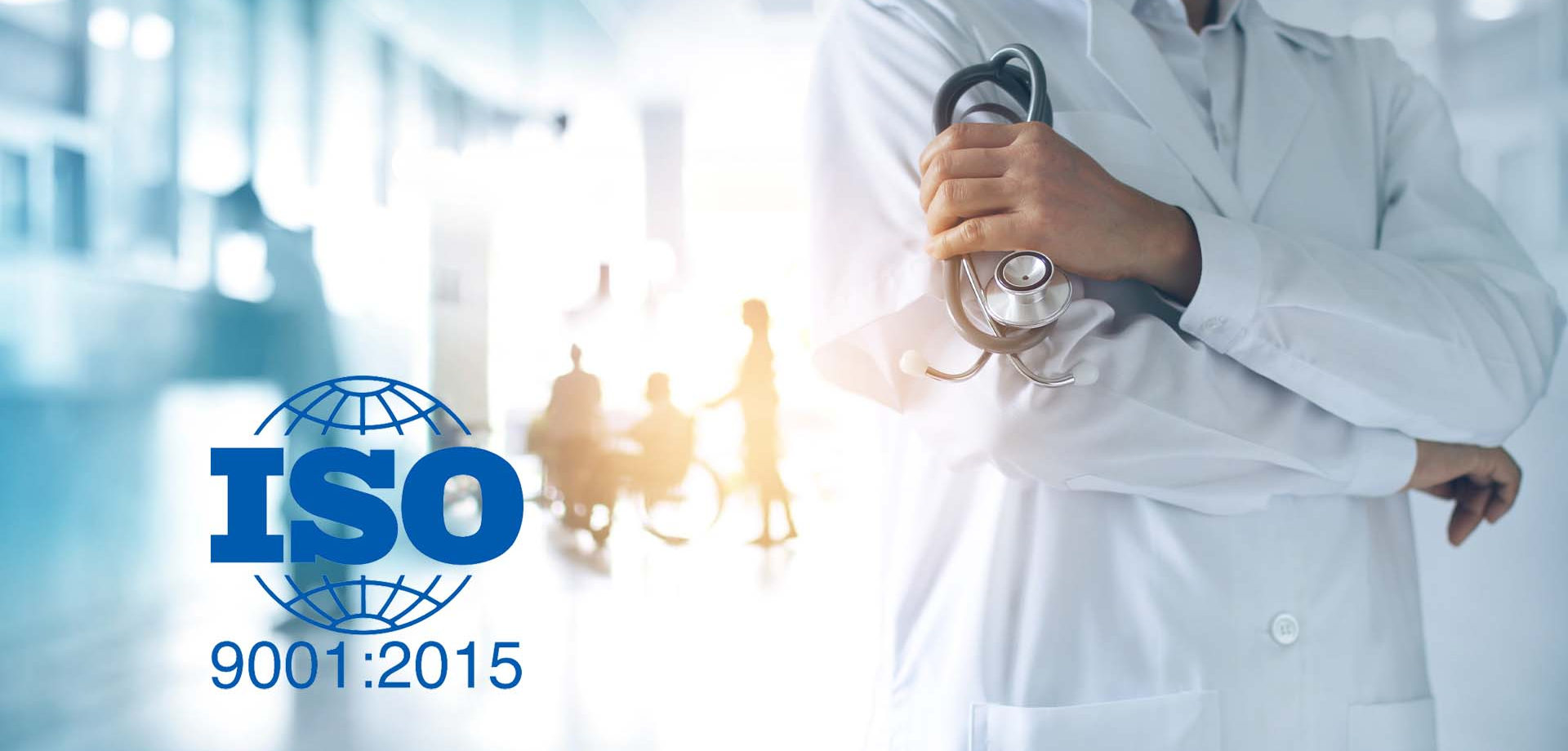What is a laboratory?
A specially equipped place where research and experiments are carried out in the fields of science such as medicine, pharmacy, physics and chemistry, using various means to arrive at a result or diagnosis through separation and combination.
About the laboratory
- A laboratory is a facility that allows scientific research, experiments and measurements to be carried out in a controlled manner and the development of these scientific studies, experiments and controlled measurements.
- The term laboratory is also used for non-scientific facilities that are very similar to a scientific laboratory in terms of tools, equipment and working methods.
- As an example, we can show the following laboratories.
- Scientific research laboratories can be found in schools and universities, industrial, government and military research facilities, ships and even spacecraft.
- While labs can be designed to accommodate only one person, there are also labs sized and configured to accommodate dozens of scientists at the same time.
Laboratory Specialist
- Laboratories have special duties. Due to the high concentration of chemicals in the work environment, the scope of duties of laboratory technicians is as follows:
- Responsible for pre-use inspection of test equipment and instruments in the laboratory,
- Preparation of samples to be used for experiments, analysis and tests,
- Prepare the necessary physical conditions for testing solid or liquid samples to be analyzed,
- To perform the experiments, tests and analyzes you request,
- Report the results of experiments, tests and analysis,
- To record findings in written or digital media,
- Responsible for cleaning and maintaining laboratory instruments and equipment,
- Helping specialists and doctors in their research.
Laboratory Technician
Graduates of the laboratory department in health vocational high schools can start working as laboratory assistants by choosing the medical laboratory department in health vocational high schools affiliated to higher education institutions. There is no certificate program to become a lab technician. Some of the theoretical courses are conducted practically in colleges or affiliated medical schools. In health professional schools, the department consists of 2 years of associate degree education.
Laboratory
- To be a laboratory;
- Basic medical subjects such as anatomy, physiology;
- biochemistry;
- Pathological;
- Genetic;
- Hematology;
- You need to get training in topics like endocrine.
It is based on the cultivation of people who respect the rights of patients within the framework of medical ethics. Students who graduate from the program; In vertical transfer exams, they can apply to departments such as biology, nursing, and health services to complete their education as a bachelor's degree.




















































































